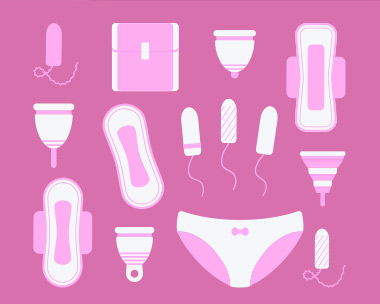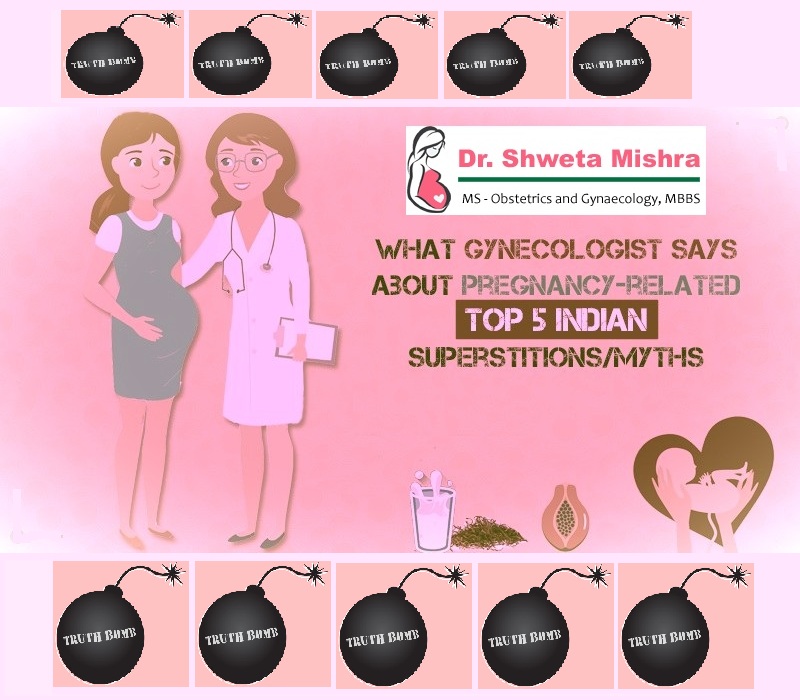


Approximately 300 extra
calories are needed daily to maintain a healthy pregnancy. These calories
should come from a balanced diet of protein, fruits, vegetables, and whole
grains, with sweets and fats, kept to a minimum. A healthy, well-balanced diet
during pregnancy can also help to minimize some pregnancy symptoms such as
nausea and constipation.
It’s always important to
eat a balanced diet — and it’s even more important when you’re pregnant because
what you eat is the main source of nutrients for your baby. However, many women
don’t get enough iron, folate, calcium, vitamin D, or protein. So when you are
pregnant, it is important for you to increase the amounts of foods you eat with
these nutrients.
Most women can meet their
increased needs with a healthy diet that includes plenty of fruits, vegetables,
whole grains, and proteins. According to the American College of Obstetricians
and Gynecologists (ACOG), you should try to eat a variety of foods from these
basic food groups. If you do, you are likely to get all the nutrients you need
for a healthy pregnancy.
Key Nutrients You Need
According to ACOG, you and
your baby need these key nutrients for a healthy pregnancy:
Calcium
Helps to build strong
bones and teeth. The main sources include milk, cheese, yogurt, and sardines.
During pregnancy, you need 1,000 milligrams (mg) daily.
Iron
Helps red blood cells
deliver oxygen to your baby. Sources include lean red meat, dried beans, peas,
and iron-fortified cereals. During pregnancy, you need 27 mg daily.
Vitamin A
You need this vitamin for
healthy skin, eyesight, and bone growth. Carrots, dark, leafy greens, and sweet
potatoes are good sources. During pregnancy, you need 770 micrograms daily.
Vitamin C
Promotes healthy gums,
teeth, and bones, and helps your body absorb iron. Good sources include citrus
fruit, broccoli, tomatoes, and strawberries. During pregnancy, you need 85 mg
daily.
Vitamin D
Aids your body in the
absorption of calcium to help build your baby’s bones and teeth. Sources
include exposure to sunlight, fortified milk, and fatty fish, such as salmon.
During pregnancy, you need 600 international units (IUs) daily.
Vitamin B6
Helps form red blood cells
and helps your body use protein, fat, and carbohydrates. You can find vitamin
B6 in beef, liver, pork, whole-grain cereals, and bananas. During pregnancy,
you need 1.9 mg daily.
Vitamin B12
Helps form red blood cells
and maintains your nervous system. You can find this vitamin only in animal
products. Good sources include liver, meat, fish, poultry, and milk. During
pregnancy, you need 2.6 micrograms daily.
Folate (Folic Acid)
A B vitamin important in
the production of blood and protein, it also reduces the risk of neural tube
defects (a birth defect of the brain and spinal cord). You can find folate in
green, leafy vegetables, liver, orange juice, legumes (beans, peas, lentils),
and nuts.
You must get at least 400
micrograms of folate daily before pregnancy and during the first 12 weeks of
pregnancy to reduce the risk of neural tube defects. During pregnancy, doctors
recommend you get 600 micrograms daily.
Weight Gain
Weight gain is important
during your pregnancy and something you and your doctor will monitor for nine
months until you give birth. However, gaining too much or too little weight can
contribute to problems during your pregnancy for both you and your baby.
Just because you are
eating for two doesn’t mean you should eat twice the amount of food. If you are
a healthy weight before your pregnancy, you only need to eat an average of
about 300 extra calories a day.
Get in touch with Dr.
Shweta Mishra at her Crossings Republik, Ghaziabad (Crossings
Republik Clinic Location & Direction) clinic , or either at Amrapali
Icon Leisure Valley, Greater Noida West (Noida
ExtensionClinic Location & Direction) clinic. Also, you could make a
wellness appointment at any clinic location convenient to you.
 The Signs Of First Period & How To Talk About It
The Signs Of First Period & How To Talk About It
 Top 5 Indian Pregnancy Related Superstitions Myths
Top 5 Indian Pregnancy Related Superstitions Myths
 What is Breech? What Causes A Breech Pregnancy?
What is Breech? What Causes A Breech Pregnancy?
 Nutritional Needs During Pregnancy
Nutritional Needs During Pregnancy
Copyright © 2020 Dr. Shweta Mishra. All Rights Reserved.
Design & Developed by Ashrisha IT Solutions
Disclaimer: The content on this website is only intended for educational purposes and to create knowledge amongst masses about women's health and obstetrics & gynaecology. Hence, no information issued on this website shall be treated as an alternative to consultation from a certified obstetrician & gynaecologist. The results can vary from women to women depending on their specific health conditions.